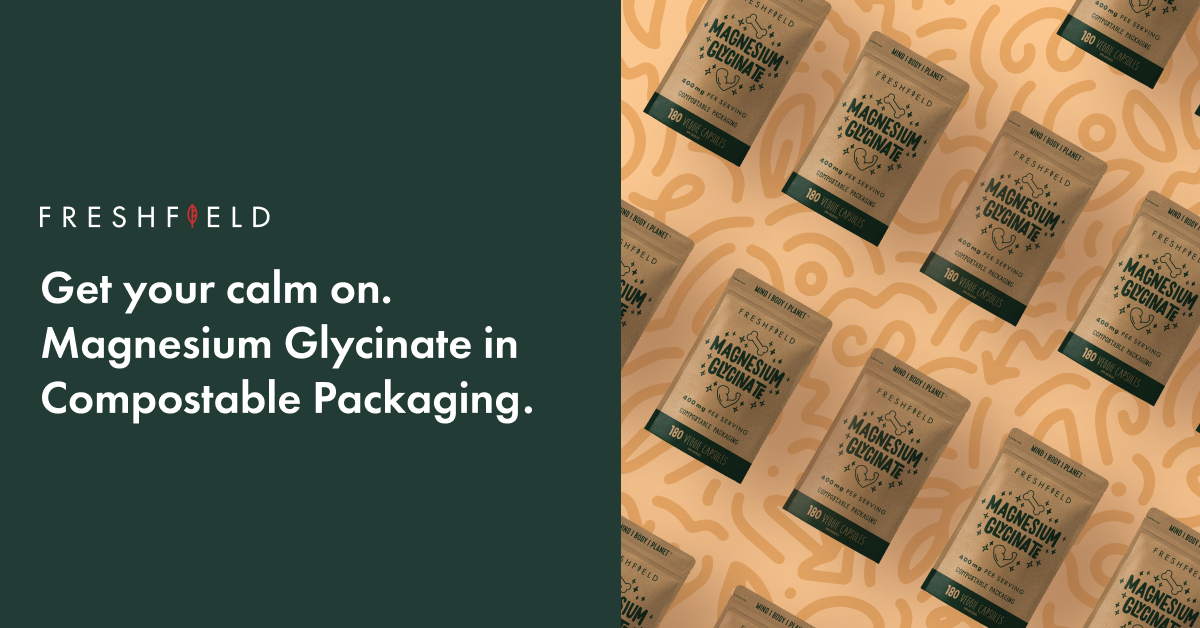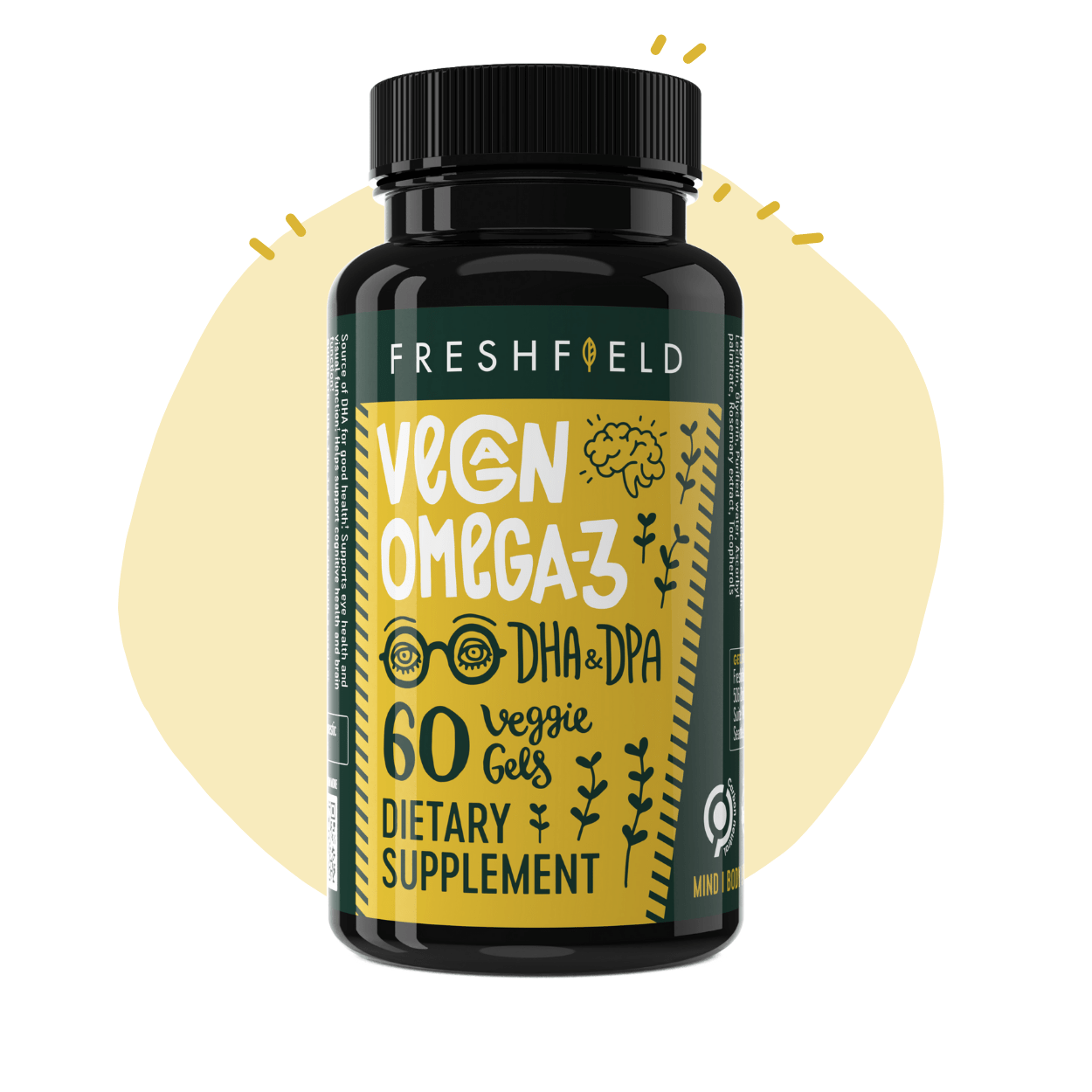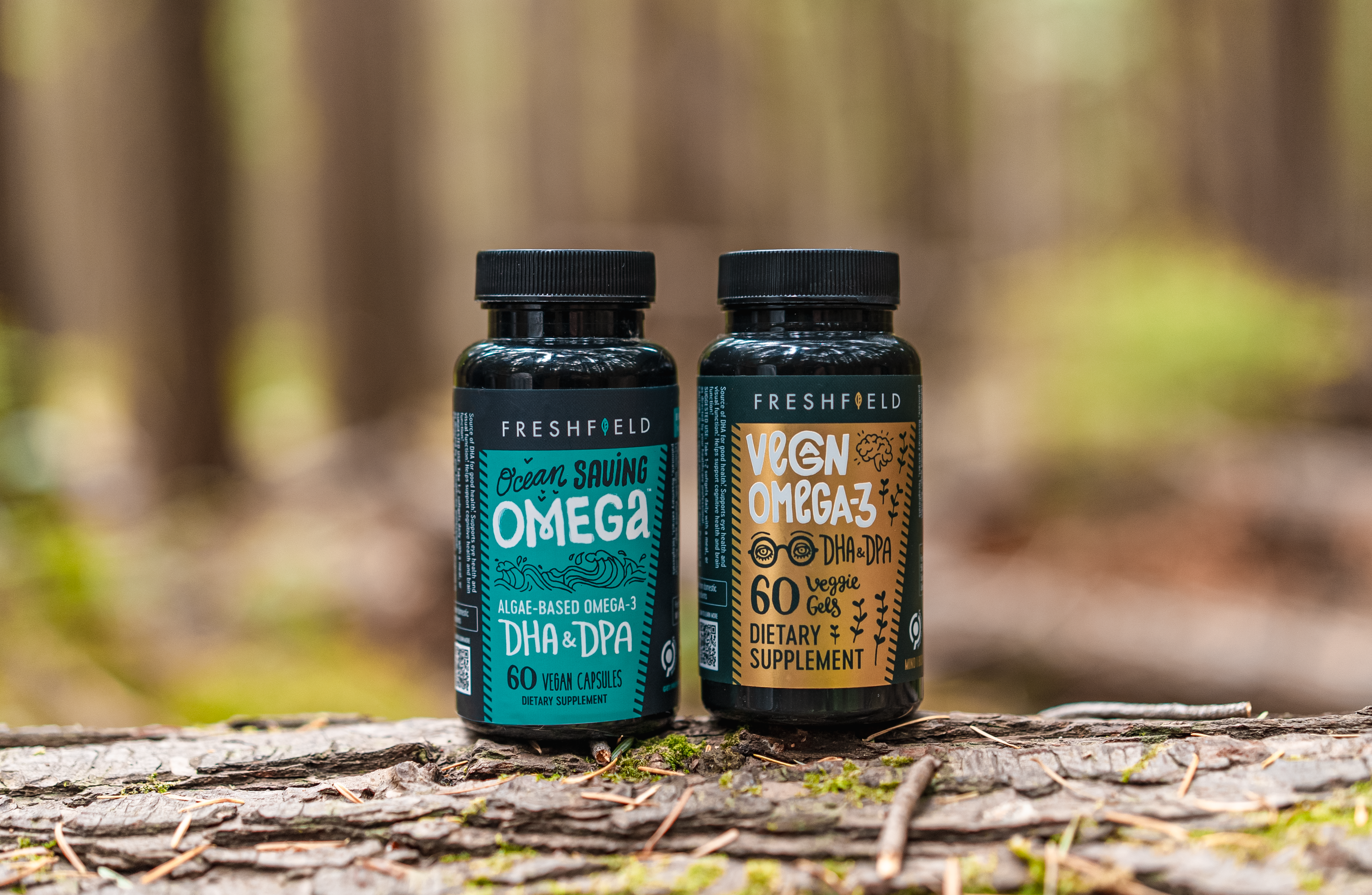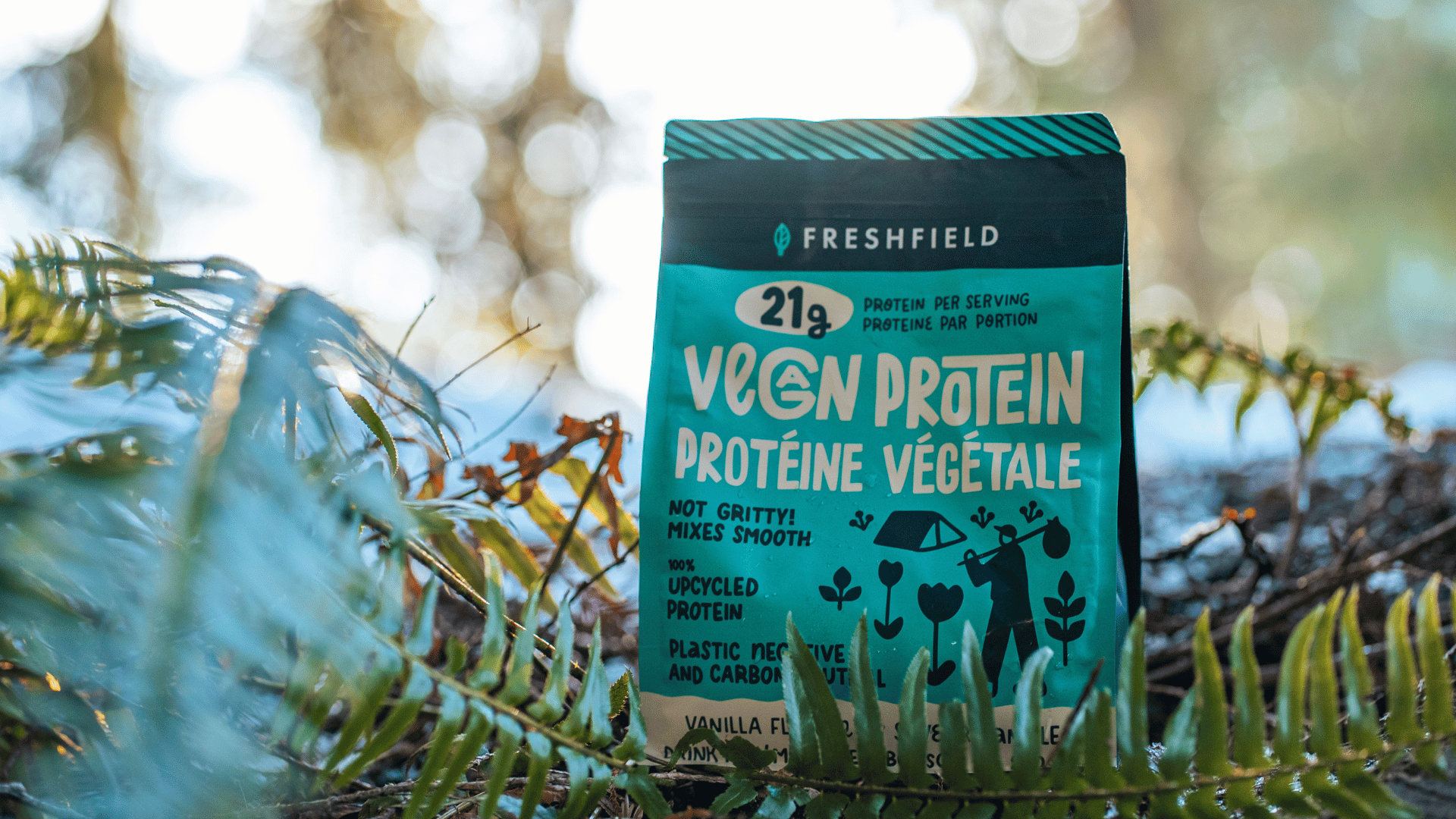I don't know about you, but when I read headlines like "50% of us are Magnesium deficient", my first reaction is to question the legitimacy of the statistic. But what if it's true? What if half of us are truly lacking in this essential mineral? If that's the case, it's time we learn a bit more about magnesium and how to get more of it into our diets. In this post, I'll explore some ways to do just that!

Magnesium is an essential mineral that plays a role in over 300 biochemical reactions in the body. Magnesium is involved in energy production, bone health, and nervous system function. Magnesium deficiencies are linked to a variety of health conditions, including diabetes, hypertension, migraines, and sleep disorders. Magnesium supplements come in a variety of forms, including magnesium oxide, magnesium citrate, magnesium chloride, magnesium sulfate, and magnesium glycinate. Of all the forms available, magnesium glycinate is the most bioavailable form of magnesium and is known to be more effective in treating magnesium deficiencies than other forms of magnesium. Magnesium glycinate is also known to be more effective in reducing stress and promoting relaxation.
Now that we know a bit more about Magnesium, where can we find it?
Magnesium is available in many foods, including vegetables, fruit, nuts, and whole grains. Magnesium-rich foods are generally low in calories and fat. They're also a good source of fiber, vitamins, and minerals. Eating magnesium-rich foods can help you meet your daily needs for this important nutrient. Some of the best sources of magnesium include spinach, Swiss chard, black beans, quinoa, almonds, and cashews. By including these foods in your diet, you can help to ensure that your body has enough of this important mineral.

“I eat a lot of those foods but still can’t get enough Magnesium”
Do you eat a lot of magnesium-rich foods but still can’t seem to get enough? You might need a pure form of magnesium, like our magnesium glycinate. It’s the most bioavailable form and doesn’t come with the negative side effects (like diarrhea 👀 ) that some other forms do. Plus, if you’re a Summit member, you can save 30% on it! So what are you waiting for? Try our magnesium glycinate today!








Share:
Why is Vitamin B Complex important to your health?
Plant-Based Bioplastics: Freshfield's Move to Pioneer Sustainability